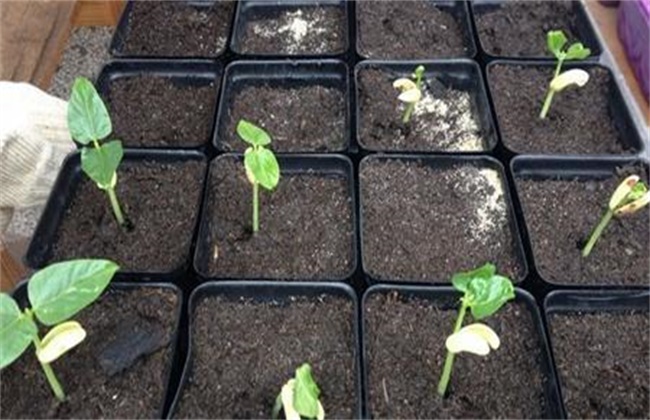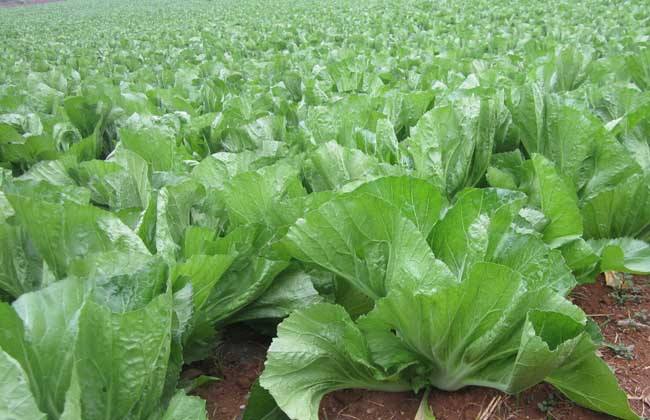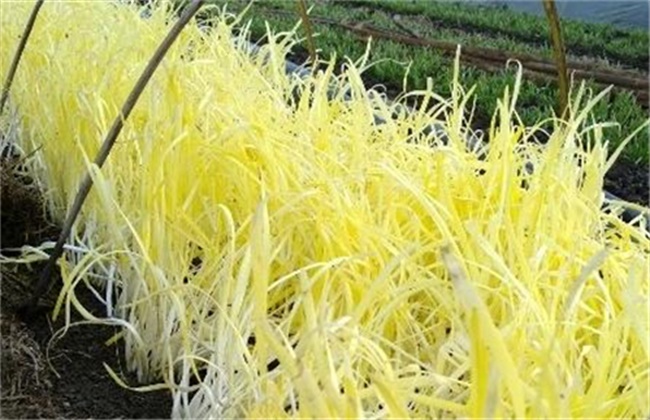Seedling raising technique of bean
Beans are common vegetables in our life. There are two ways of direct seeding and seedling transplanting when planting. Most of them adopt seedling transplanting when planting, which can not only sow early, harvest early and supply the market early, but also ensure that the whole seedlings are strong and promote flowering and pod setting. So how do beans grow? Let's get to know each other,

1. Seed soaking and germination
Select seeds with big and plump grains, no moth damage and disease spots, first dry them for 1-2 days, soak them in formalin with appropriate concentration for 20 minutes for disinfection, take them out, wash them with clean water and sow them. Or blanch the seeds with warm water of about 50-55 degrees for 15-30 minutes, stir continuously during the process of draining water until the water temperature drops to 30 degrees, and soak for 6-8 hours. By improving such treatment, not only the germination rate of sowing is high, but also the disease and insect pests can be effectively prevented and the occurrence probability of the disease and insect pests can be reduced.
2. Sowing seedlings
Spring sowing is suitable for late February to March, direct seeding is suitable for late April, autumn sowing is generally sown in July, because it is in the hot season, it can be covered with sunshade net. After sowing, cover plastic film, keep warm and keep moisture, so as to facilitate seedling emergence. Generally, seedling can emerge in 4 days. After seedling emergence, remove plastic film in time. If it is arched shed planting, cover it day and night, pay attention to ventilation and heat preservation. When direct seeding in the open field, the plot should be watered thoroughly first, and then seeded. Remember to cover the head with water after sowing. When the first true leaves of seedlings are unfolded or the first compound leaves are unfolded, they can be planted.
3. Soil preparation and fertilization
Beans are not tolerant to waterlogging, and should not be planted in low-lying, over-wet and waterlogged land. Before sowing, the land should be deeply ploughed, and decomposed organic fertilizer 2000-4000 kg per mu, calcium superphosphate 15-20 kg, plant ash 100-150 kg, or microbial fertilizer 150-200 kg as base fertilizer. After ploughing, the land will be raked flat, and the cultivation bed will be made well. Generally, the width of the bed is 1.7 meters, the depth of the ditch is 20-30cm in spring and 15-20cm in summer and autumn, and then the plastic film will be covered.
4. Reasonable close planting
In order to obtain more yield of beans, it is necessary to carry out reasonable dense planting, which is the most important, especially after emergence, for the case of low emergence, to timely supplement seedlings, thinning seedlings should be carried out 5 days after emergence, so as to reduce root cutting and improve the survival rate of transplanted seedlings. Care must be taken when thinning seedlings to avoid touching the rhizomes and affecting the normal survival rate.
The above is the introduction of bean seedling technology, I hope to help you, want to know more about the relevant knowledge, please pay attention to us.
Related
- Where is it suitable to grow horseradish in China? it is expected to see the middle altitude horseradish in Alishan.
- How to prevent tomato virus disease reasonably? (Control methods included)
- Many people like to plant towel gourd on the balcony. What are the main points of this method and management?
- What crops can chili peppers be mixed with?
- Fertilization techniques and matters needing attention in Tomato
- What are the grafting techniques for peach seedlings in spring?
- Harm and control methods of root swelling disease of Chinese cabbage
- What are the pests of sweet potatoes? How to prevent and cure it?
- Symptoms, causes and Control methods of navel Rot in Tomato
- The cause of "Cucumber rotten bibcock" in Farmers' planting Cucumber and its Control Plan



